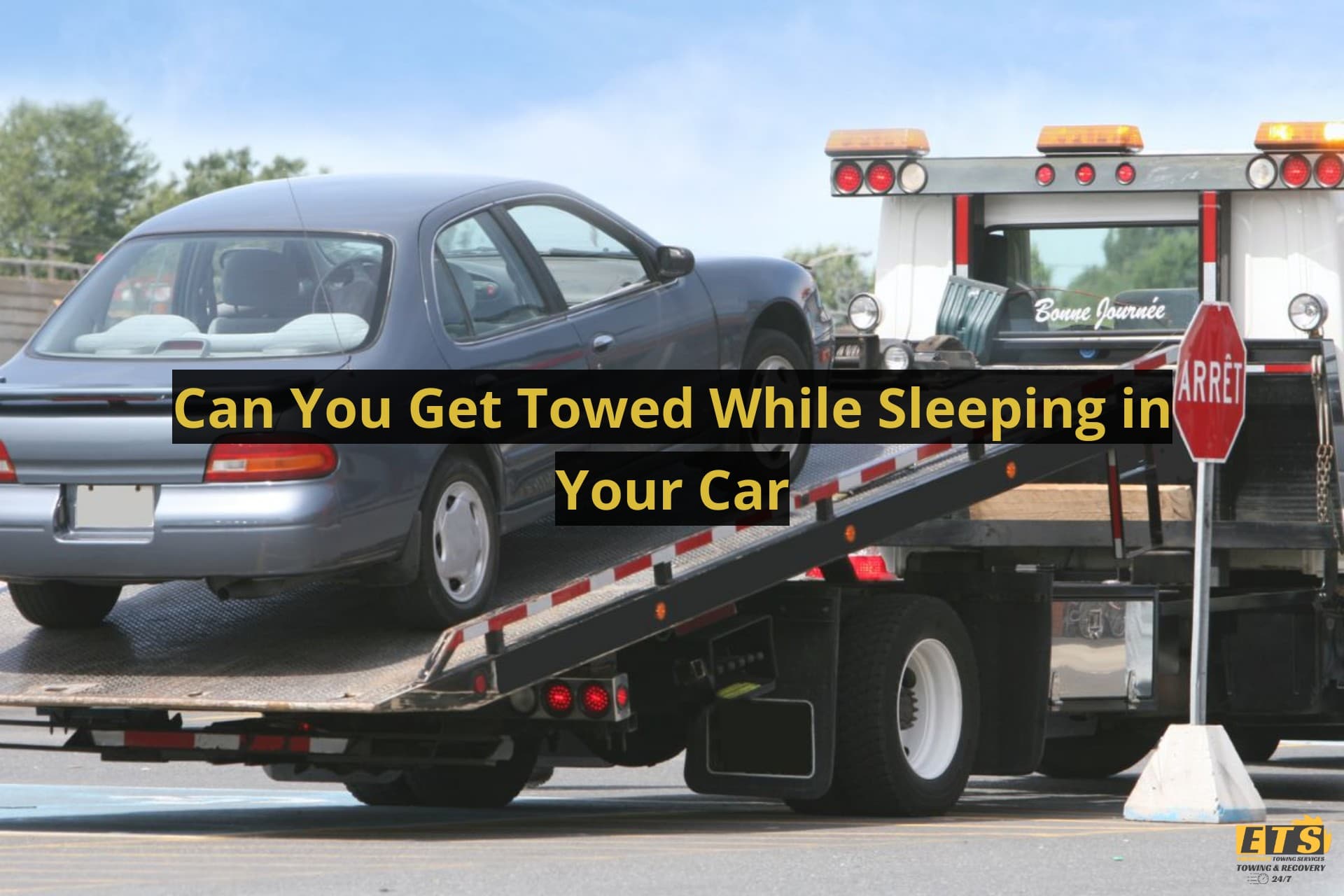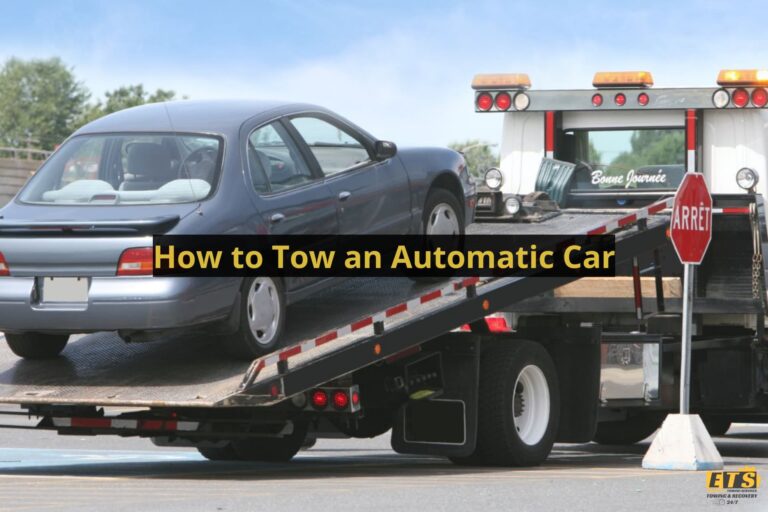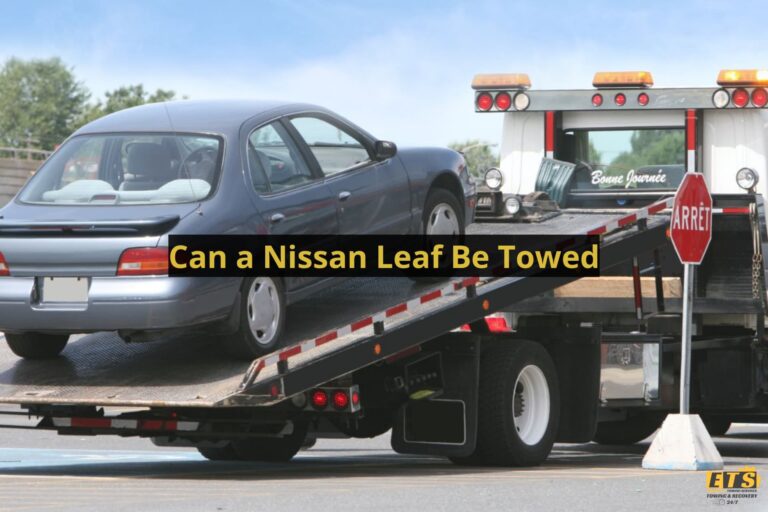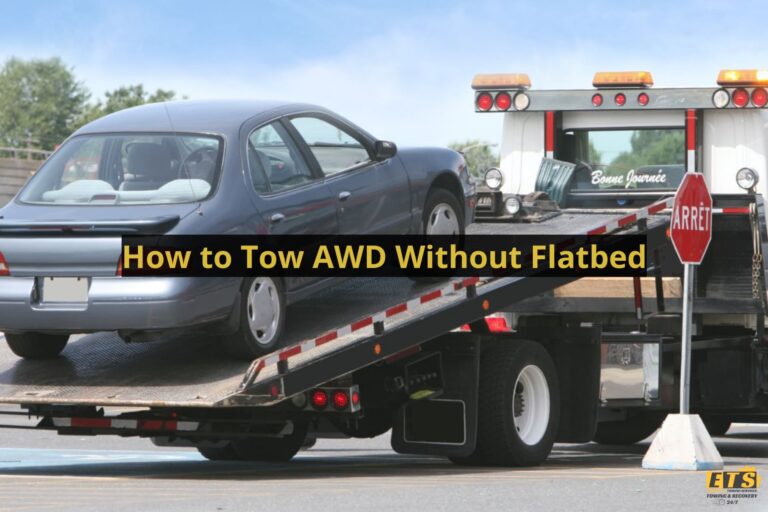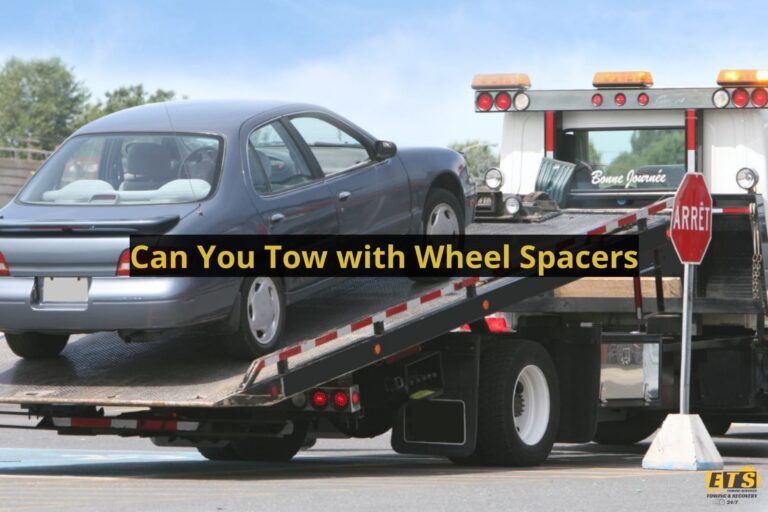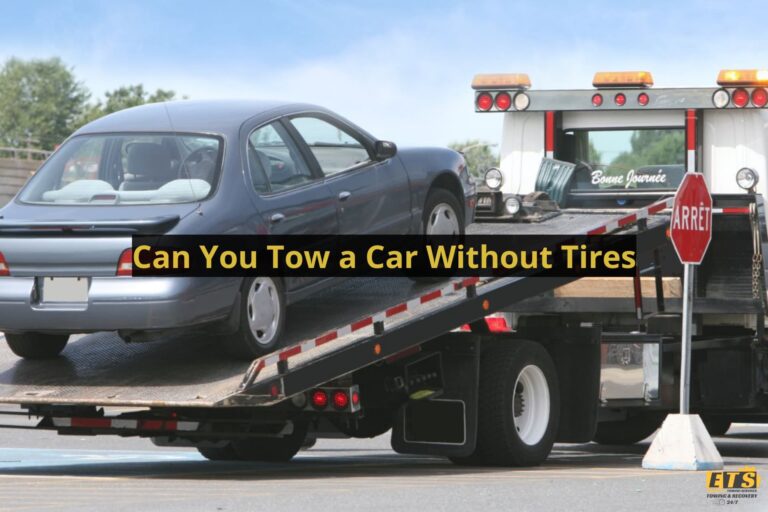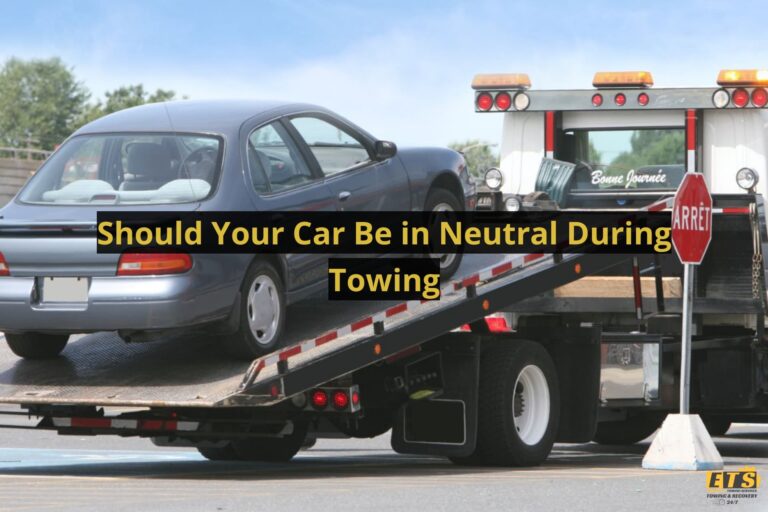Can You Get Towed While Sleeping In Your Car
The information presented in this article is provided for general informational purposes only, and may not reflect the current laws or legal developments. This article does not constitute legal advice, and the reader should not act on the information contained in this article without first seeking professional counsel. We make no guarantees about the accuracy, completeness, or adequacy of the information contained in this article. The reader assumes all risks and liabilities associated with any actions taken as a result of reading this article. To obtain legal advice on your specific matter, please contact a qualified legal professional.
Have you ever found yourself too tired to drive home after a night out and decided to sleep in your car? Many people have done this at some point, but the question remains: can you get towed while sleeping in your car? The answer is not as straightforward as one might think.
Firstly, it depends on where you are parked. If you are parked legally in a public area or designated parking lot, then there should be no issue with sleeping in your car.
However, if you are parked illegally on private property or obstructing traffic, then there is a chance that your vehicle could be towed.
Additionally, individual states and cities may have different laws regarding sleeping in cars, so it’s important to do research beforehand to avoid any potential issues.
In this article, we will delve deeper into the legality of sleeping in your car and provide tips for avoiding getting towed.
Understanding The Legalities Of Sleeping In Your Car
The car is a haven, a safe cocoon where you can curl up and rest. But before you hit the road for some shut-eye, it’s important to understand the legalities of sleeping in your vehicle.
There are pros and cons to this practice, as well as safety considerations that should not be ignored. On one hand, sleeping in your car can save money on lodging expenses during long trips or unexpected layovers. It offers flexibility and convenience when there are no suitable accommodations nearby.
However, many cities have laws prohibiting overnight parking or camping within city limits. Violating these ordinances may result in fines or even impoundment of your vehicle.
Safety must also be taken into account while considering sleeping in your car. While it provides shelter from the elements, cars are not designed for prolonged habitation. Carbon monoxide poisoning from running the engine with inadequate ventilation is a real danger; windows must be cracked open at all times to prevent buildup of toxic fumes inside the cabin. Additionally, staying alone in an isolated area puts you at risk for theft or other criminal activity.
Public Vs. Private Property: What You Need To Know
Whether you’re traveling or just need a quick nap, sleeping in your car can be convenient and comfortable. However, it’s important to understand the legal differences between public and private property before settling down for the night.
Public vs. Private Property: Legal Differences
- Public property refers to areas that are owned by the government or accessible to everyone, such as parks or streets.
- Private property is owned by individuals or businesses and includes homes, parking lots, and other restricted-access areas.
- The laws regarding sleeping in your car vary depending on whether you’re parked on public or private property.
Rights of Property Owners vs. Public Access
Property owners have the right to control who enters their land and what activities take place on it. If you park your car on someone’s private property without permission, they may tow your vehicle at their own discretion.
On public property, however, you generally have more freedom when it comes to resting in your car. However, some cities have specific ordinances prohibiting overnight parking or camping in certain areas.
It’s always best to check local laws and regulations before deciding where to sleep in your car. While you may feel safe sleeping in a secluded area on private property, remember that doing so could result in consequences if caught.
On public property, exercise caution and respect any posted signs or restrictions. Remembering these key points will help ensure that you don’t run into any issues while catching some rest in your vehicle.
Whether you choose public or private property for your night’s stay, make sure you do so with knowledge of the law and respect for others’ rights as well as yours.
State And City Laws On Sleeping In Your Car
State parking laws vary from place to place, and it’s important to know the rules before you decide to sleep in your car.
City ordinances may also prohibit sleeping in vehicles, so it’s worth checking these before you park.
Homeless laws can be quite complex, as some cities make it illegal to sleep in public spaces, while others may provide designated areas for homeless people to sleep in their cars.
So it’s important to know the local laws to make sure you don’t get towed or fined.
State Parking Laws
You may have had a long day at work, and all you want to do is catch some sleep in your car. However, the fear of getting towed from an overnight parking spot can be nerve-wracking. State parking laws are specific about where you can park for extended periods.
It’s essential to know that not all states allow overnight parking in legal spots such as rest areas or Walmart parking lots. Some cities also impose their own regulations on sleeping in cars within city limits. It’s necessary to research state and local laws before deciding to take a nap in your vehicle.
In summary, it’s crucial to check with state and city officials regarding parking laws before choosing any location to get some shut-eye while resting in your car.
Not complying with these rules could result in hefty fines or even towing fees, which no one wants to deal with when trying to grab a quick snooze on the road.
City Ordinances
If you’re planning on sleeping in your car while traveling, it’s crucial to understand city ordinances that may be enforced within the area.
City ordinances are laws and regulations imposed by a particular city or town governing public behavior and activities.
These local statutes can vary from one city to another, so it’s essential to check them out before settling down for a nap.
City ordinances typically cover various issues such as noise levels, littering, parking restrictions, and many more.
For instance, some cities prohibit vehicle camping on streets or residential areas beyond certain hours, while others don’t allow vehicles parked overnight at all.
In addition to this, enforcement measures also differ depending on the locality.
Some cities have strict enforcement policies with hefty fines and towing fees if caught violating these rules.
It is necessary to research and understand local city ordinances before deciding where to park your car overnight legally.
Failure to comply with these laws could result in unwanted consequences like getting slapped with expensive tickets or even having your car towed away.
Therefore, always take note of the specific guidelines outlining what you can and cannot do when resting in your vehicle within city limits.
Homeless Laws
As mentioned earlier, understanding state and city laws is crucial when deciding where to park your car overnight legally. However, there are specific laws that apply specifically to the homeless population – Homeless Laws. These regulations vary from one locality to another, but they typically address issues such as loitering, panhandling, and camping options.
One significant aspect of these laws is the availability of homeless shelters in a given area. In some cities or towns, it may be illegal to sleep in public spaces like parks or sidewalks if there are available shelter options for the homeless. This means that individuals who choose to sleep outside could face arrest or other legal consequences.
Moreover, depending on local ordinances’ provisions on camping options, sleeping in your car could also fall under this category. Some places prohibit any form of vehicle camping within city limits unless authorized by designated campsites or RV parks.
Therefore, it’s essential to research not just state and city laws but also homeless-specific regulations before embarking on an extended road trip.
In conclusion, knowing state and city laws is necessary when planning to spend a night inside your vehicle while traveling. However, considering homelessness-related rules can provide greater insight into what you should expect during your travels. By researching both types of regulations beforehand, you can better prepare yourself for potential challenges and make informed decisions about where to stay safely and lawfully.
Risks And Consequences Of Being Towed
Possible towed scenarios include parking in a no-parking zone or obstructing traffic flow. It’s important to note that even if you’re sleeping inside your car, it doesn’t exempt you from being towed. In fact, some cities have strict rules against overnight parking on public streets.
The repercussions of illegal parking can be costly and inconvenient. Not only will you have to pay the fees associated with getting your car out of impound, but you may also face fines for violating local ordinances. Additionally, if your car is towed while you’re asleep inside, it can be a frightening experience and leave you stranded without transportation.
To avoid these potential issues, make sure to research local laws regarding parking and always park in designated areas. If you must sleep in your car, consider finding a safe and legal spot such as a rest stop or camping ground. Being proactive about where and how you park can save you from unnecessary expenses and stress down the road.
| Possible towed scenarios | Repercussions of illegal parking |
|---|---|
| Parking in a no-parking zone | Fees associated with towing & fines for violation |
| Obstructing traffic flow | Stranded without transportation |
| Overnight parking on public streets (in some cities) | Frightening experience |
Remember to always prioritize safety when deciding where to park and sleep in your vehicle. By following local laws and regulations, as well as practicing responsible and respectful behavior towards others sharing the same space, you can prevent yourself from getting into trouble with authorities or facing unwanted consequences due to irresponsible actions. Stay informed and aware – it could save you more than just money!
Tips For Finding Safe And Legal Parking For Sleeping
Now that we know the risks and consequences of being towed, it’s important to take steps to prevent it from happening. But can you really sleep in your car without getting towed? The answer is not always clear cut.
While some cities may have laws against sleeping in your car overnight or for extended periods of time, others may allow it as long as you follow certain guidelines.
The key to avoiding being towed while sleeping in your car is finding safe and legal parking areas. Look for designated rest stops, truck stops, or campgrounds where overnight parking is allowed. These areas usually provide amenities such as bathrooms, picnic tables, and even showers if you need them.
If none are available nearby, consider planning your route ahead of time and locating potential parking spots along the way.
Another option is seeking permission from private property owners such as hotels or shopping centers. However, it’s important to ask for permission first before settling down for the night. Make sure to be respectful and clean up after yourself to avoid any issues with the property owner or law enforcement.
By taking these precautions and doing a little extra research beforehand, you can safely find places to park and sleep in your car without running into trouble with the law or getting towed unexpectedly.
How To Avoid Attention And Stay Under The Radar
Avoiding attention and staying under the radar is essential if you plan on sleeping in your car.
To avoid unwanted attention, it’s best to park in a residential area where parking overnight is permitted. If that isn’t an option, look for well-lit areas with other cars parked nearby.
Tips for comfort include bringing extra blankets or pillows to make yourself more comfortable. You can also invest in window shades to block out light and create a cozier atmosphere. Additionally, try to position your car so that the front seats are reclined as far back as possible.
Dealing with noise while trying to sleep in your car can be challenging, but not impossible. Bringing earplugs or headphones can help drown out any outside sounds. Parking near bushes or trees can also provide some natural sound barriers.
Remember, the key is to stay inconspicuous and blend in with the surroundings as much as possible.
Precautions To Take Before Sleeping In Your Car
Now that you know how to avoid attention and stay under the radar, it’s time to talk about car safety when sleeping. One of the biggest concerns people have when sleeping in their cars is getting towed. The short answer is yes, you can get towed while sleeping in your car. However, this depends on a few factors.
Firstly, it’s important to know the laws in your area regarding overnight parking. Some cities or states may prohibit overnight parking altogether, while others may allow it but only for certain periods of time. If you’re parked illegally or exceed the allowed time limit, then there’s a higher chance of being towed.
Secondly, if your car looks abandoned or unattended, then there’s a greater risk of being towed. This is why it’s essential to make sure your car appears lived-in by having curtains or window shades up and avoiding leaving trash outside.
To ensure maximum safety when sleeping in your car, here are some precautions you should take:
- Park in a well-lit area with other cars around
- Keep all doors locked and windows closed
- Have emergency contacts programmed into your phone
- Invest in proper sleeping gear such as a comfortable mattress pad or camping cot
Remember that although sleeping in your car may not always be ideal, taking these steps will help ensure that you do so safely and without any unnecessary incidents.
Conclusion: Sleeping In Your Car Safely And Legally
As the night falls, you find yourself exhausted and in need of some rest. You see your car parked on the side of the road, and it looks like a comfortable spot to get some sleep. However, before you doze off, it’s important to know if sleeping in your car is safe and legal.
Firstly, let’s address the legality of this matter. In most states, it is not illegal to sleep in your car as long as you are parked legally and not obstructing traffic or violating any parking laws. However, there may be restrictions on overnight parking for certain areas such as residential neighborhoods or commercial lots.
If you find that sleeping in your car isn’t an option due to local laws or safety concerns, there are alternatives available. Many cities have designated areas for people who live out of their cars or RVs known as ‘safe parking’ zones. Additionally, there are affordable options like hostels or camping sites that offer a place to stay for those traveling on a budget.
In conclusion, while sleeping in your car might seem like a convenient option at times, it’s essential to know the rules surrounding overnight parking etiquette and ensure that you’re following them properly. If you can’t find a suitable location to park for the night safely, consider looking into alternative options so that you can rest easy without worry or fear of being towed away unexpectedly.
Conclusion
In conclusion, sleeping in your car can be a convenient and budget-friendly option for travelers or those experiencing temporary homelessness. However, it’s important to understand the legalities of doing so and take precautions to avoid risks and consequences such as being towed.
Think of it like swimming in unfamiliar waters – you wouldn’t jump in without checking for signs of danger or preparing yourself beforehand.
Similarly, before sleeping in your car, research state and city laws, find safe and legal parking spots, and take necessary precautions to stay under the radar.
With these measures in place, you can rest easy knowing that you’re not only saving money but also keeping yourself safe from potential harm.

